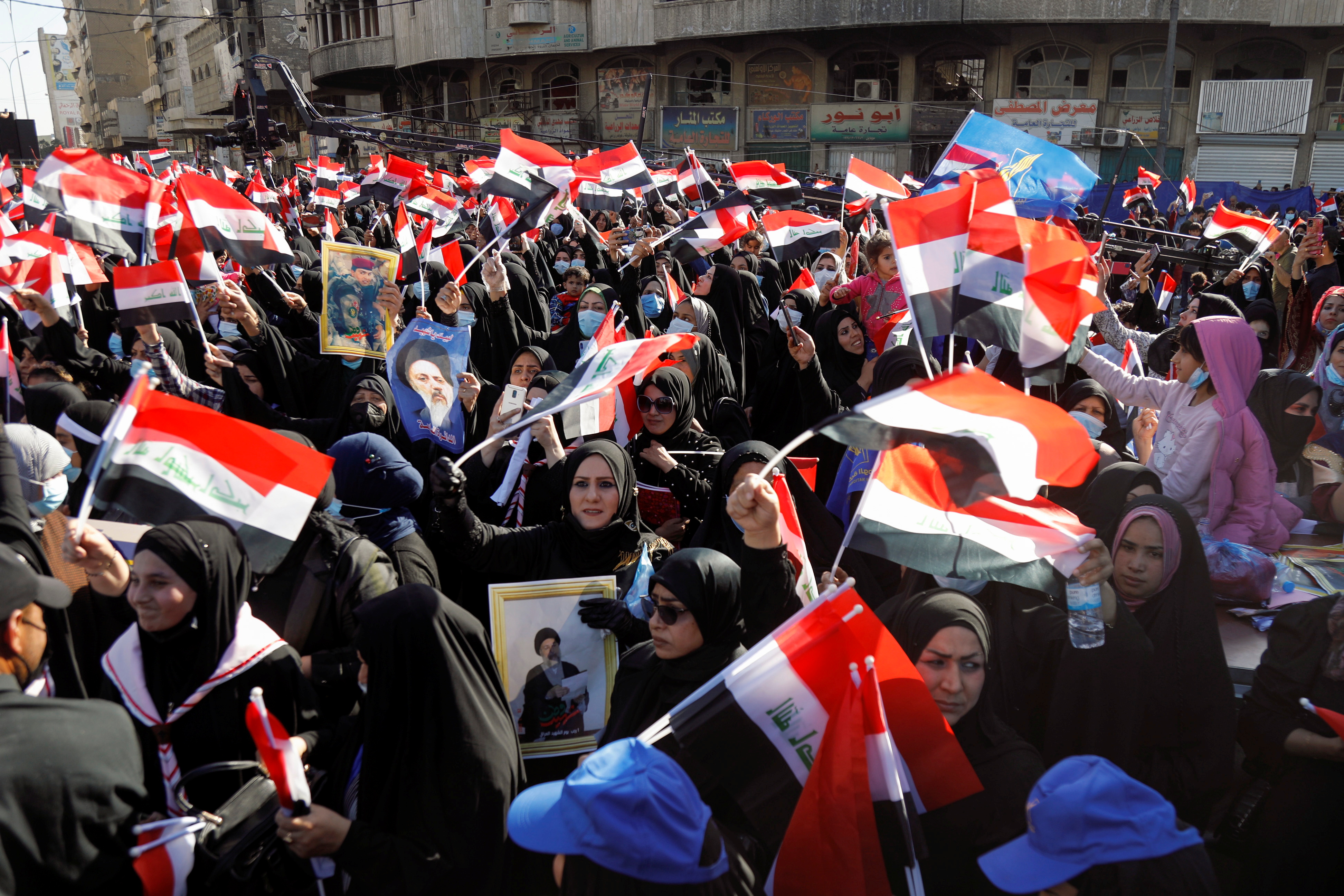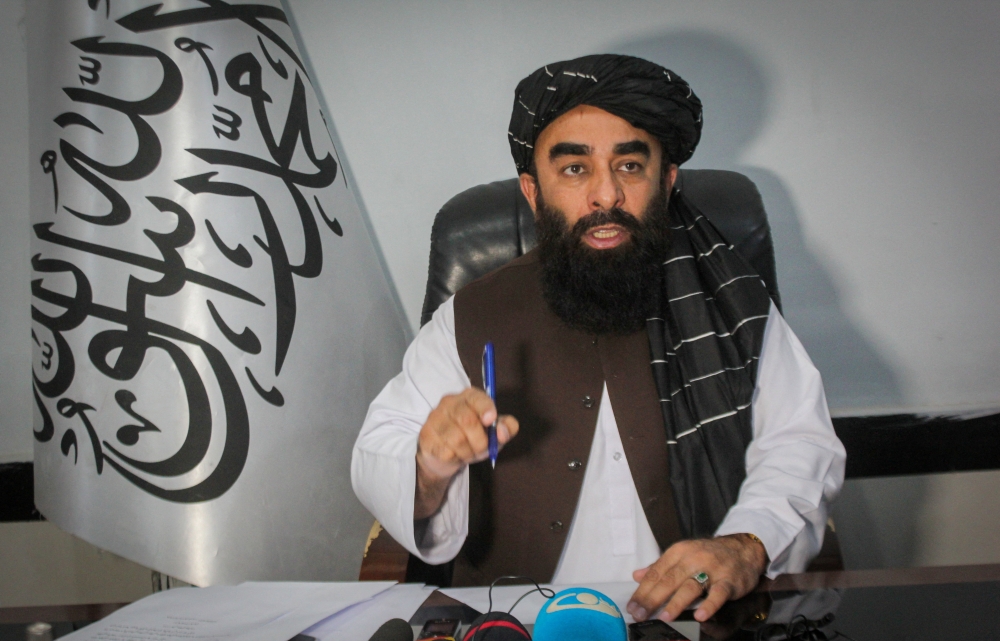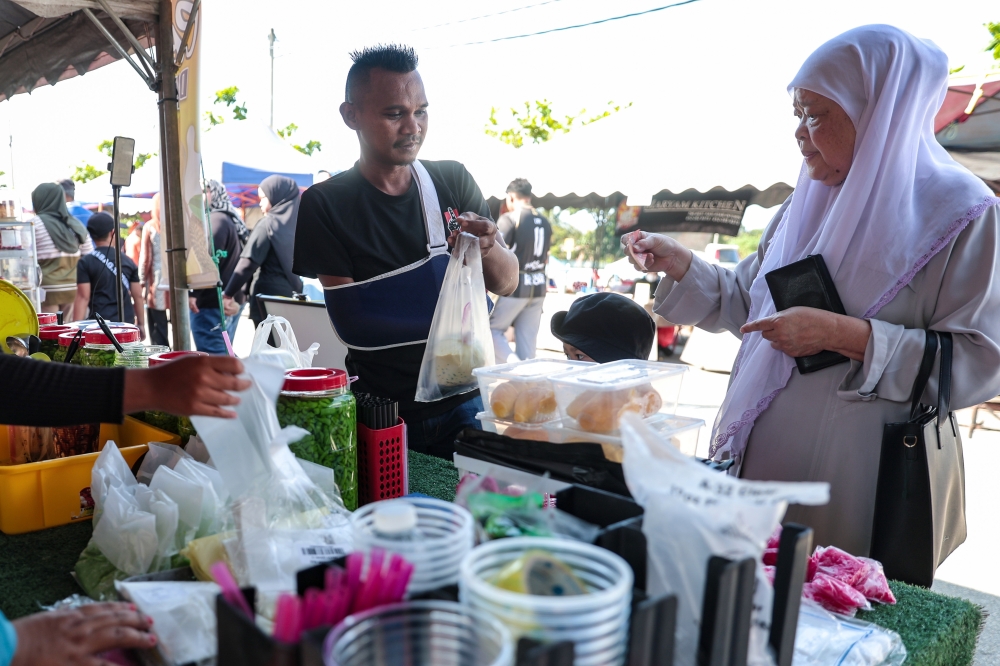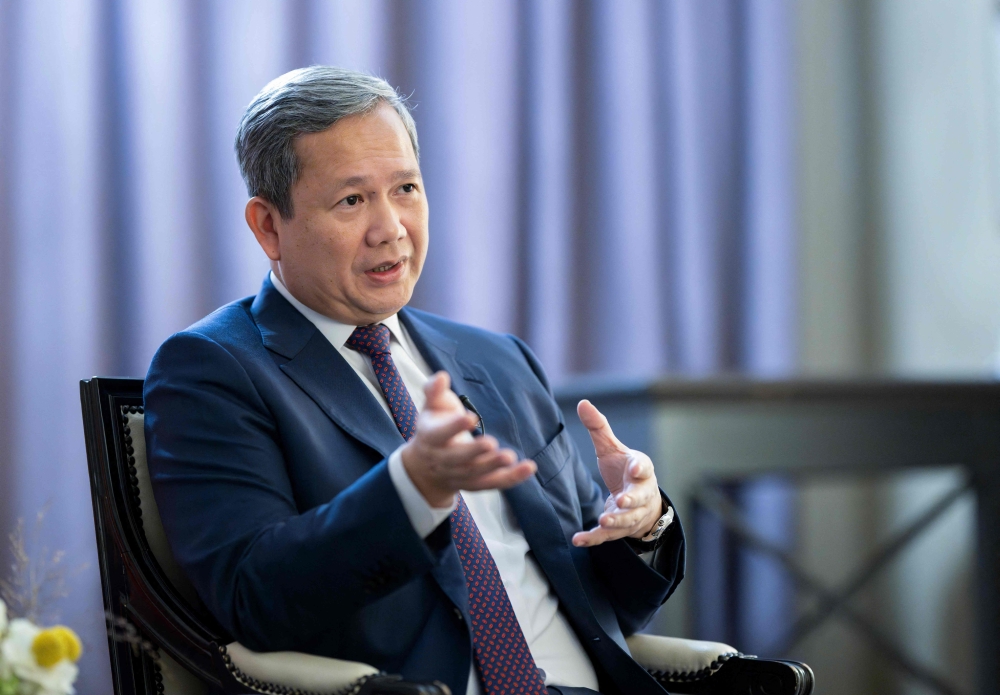Towards the Iraqi Parliamentary Elections: Democratic Illusion and Accountability
Dr. Sirwan Abdulkarim Ali / Political analyst and academic

The premises of democracy rest on a simple yet powerful principle through which citizens choose their representatives, winners govern, and losers form an opposition that holds power accountable. This cycle ensures that electoral outcomes matter, that governments can be judged on their performance, and that change remains possible through the ballot box. Yet in Iraq since 2003, and in the Kurdistan Region since 1992, this fundamental democratic mechanism has been systematically distorted. What emerges instead is a peculiar political theatre where elections are held to great fanfare and at enormous expense, but where the outcome is largely predetermined not by voters, but by the immutable logic of elite power-sharing.
The pattern has become depressingly familiar for the past two decades. Election campaigns mobilize supporters, candidates make grand promises, and citizens dutifully cast their ballots. The results are announced, and invariably, no single party achieves the decisive majority needed to govern independently with 50+1 percent of parliamentary seats. Even when one party emerges as the clear plurality winner, capturing the largest share of votes, it finds itself unable to translate this victory into genuine governing authority. It is instead immediately forced into lengthy negotiations, compromises, and power-sharing arrangements with smaller parties, including those that finished far behind in the popular vote.
This chronic failure to produce decisive winners is not merely a technical problem or a quirk of electoral mathematics. It reflects something more fundamental about the political systems that have evolved in post-2003 Iraq and post-1992 Kurdistan Region. The electoral laws, political cultures, and constitutional frameworks have created environments where fragmentation is not just likely but virtually guaranteed. Multiple parties compete, each with its own regional, ethnic, sectarian, or tribal base. None can dominate entirely, and all have learned that their path to power and resources lies not in winning outright, but in becoming indispensable partners in governing coalitions.
The consequences of this system are profound and corrosive. When governments are formed through expansive coalitions that include not just natural allies but also competitors and opponents, accountability becomes nearly impossible. Who is responsible when policies fail? Which party should voters punish at the next election? The answer is deliberately obscured in the complexity of coalition politics. Every party in government can claim credit for any success while deflecting blame for failures onto their coalition partners. Ministers from different parties pursue conflicting agendas within the same government. Coordination becomes impossible, and governance degenerates into a struggle over spoils rather than a coherent program of action.
Most damaging of all is what this system does to the concept of opposition. In a functioning democracy, opposition parties play a vital role. They scrutinize the actions of government, propose alternatives, and present themselves as governments-in-waiting. They provide the checks and balances that prevent the abuse of power. Yet in Iraq and the Kurdistan Region, this function of opposition has been effectively eliminated. Parties that "lose" elections do not accept their role as opposition. Instead, they demand and typically receive positions in government coalitions, cabinet ministries, and access to state resources.
This arrangement serves the interests of political elites perfectly but betrays the fundamental purpose of elections. When every significant party joins the government regardless of electoral performance, elections lose their meaning as mechanisms of accountability and choice. They cannot serve to remove failing governments or reward successful ones. They cannot enable citizens to change direction or try new leadership. Instead, they become elaborate rituals that authorise the same political class to continue dividing power among themselves according to formulas that have little to do with popular will.
The mentality underlying this system reveals its true nature. Political parties in Iraq and the Kurdistan Region have learned to view the state not as an instrument for serving citizens but as a resource to be exploited. Government positions are not seen as opportunities for public service but as means to access budgets, patronage, and influence. Elections are not competitions to earn the right to govern but rather negotiations over how state power will be distributed. The goal is not to win decisively but to ensure one's share of the spoils, whether one finishes first, second, or fifth in the voting.
Citizens are increasingly aware of this reality, and their response has been predictable: declining turnout, growing cynicism, and periodic protests that challenge the entire political class. When people see that elections change nothing fundamental that the same faces rotate through the same positions, that corruption persists regardless of electoral outcomes, and that their votes seem to matter little they naturally question why they should participate at all. The social contract at the heart of democracy that the choices citizens make matter and can shape their future is broken.
The financial cost of maintaining this democratic façade is staggering. Iraq and the Kurdistan Region spend enormous sums on the electoral process: printing ballot papers, establishing polling stations, deploying security, conducting vote counts, and facilitating the campaigns themselves. International observers are invited, media coverage is extensive, and the mechanisms of voting are generally conducted properly. Yet all this expensive machinery serves mainly as a veneer over a predetermined outcome. The specific percentages each party receives may vary, but the essential result, a power-sharing government including all major players, remains constant and valid.
This represents a profound waste not just of money but of democratic potential. The resources spent on elections could be justified if they served their intended purpose of enabling citizen choice and governmental accountability. But when elections become merely theatrical performances whose real purpose is to authorize power-sharing arrangements among the élite, the expenditure seems less like an investment in democracy and more like a tax citizens pay to maintain the political class's legitimacy.
The root cause of this dysfunction lies not in the mechanics of voting but in political mentality. Until Iraq and the Kurdistan Region's political élites accept that democracy requires the possibility of genuine loss that parties excluded from government must accept opposition roles, that winners must be allowed to govern and be held accountable for results, and that coalition-building should be strategic rather than all-encompassing no amount of electoral reform will solve the problem. The issue is not technical but cultural and psychological.
Breaking this pattern will require courage from political leaders willing to govern without co-opting all rivals, wisdom from parties willing to play constructive opposition roles when they lose, and pressure from citizens who demand that their votes produce meaningful change. It will require constitutional and legal reforms that enable decisive outcomes and discourage bloated coalitions. Most fundamentally, it will require a transformation in how political power is understood not as a permanent entitlement to be shared indefinitely, but as a temporary trust that must be earned, can be lost, and should be used for public benefit rather than private gain. Until such changes occur, elections in Iraq and the Kurdistan Region will remain what they have become: expensive rituals that change little, democratic forms emptied of democratic substance, and a sad game that mocks the very principles they claim to uphold.




















































